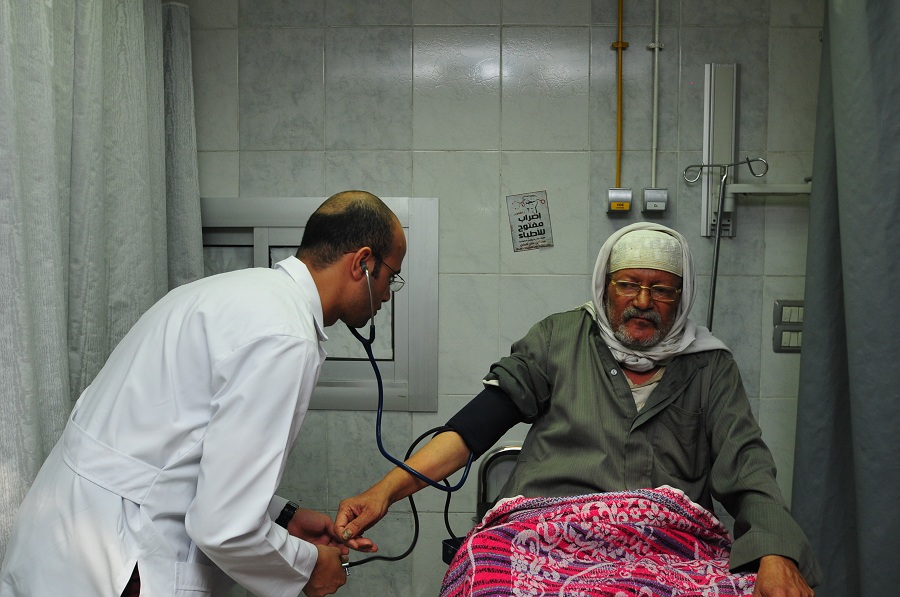DUBAI: Starwood Hotels & Resorts Worldwide Inc, which has 20 hotels in the pipeline for the Middle East region, is looking to add a similar pipeline in two to three years, a company executive said on Sunday.
Roeland Vos, president for Europe, Africa and Middle East, told Reuters growth opportunities in the region were plenty.
Starwood, whose portfolio of brands includes Le Meridien, Westin, W Hotels, Sheraton and others, manages 50 hotels in the Middle East and looks to open its pipeline — hotels signed up or under construction — of 20 properties in the next two to three years.
"After two to three years we would add another 20 hotels to the pipeline … Countries like Lebanon, Syria, Saudi, and Oman could do with a lot more hotels," said Vos.
"Syria is another country where there’s need for more hotels," Vos added. "It has all the successful ingredients for a tourist destination." He said there were also many development opportunities in Dubai and Abu Dhabi, two members of the United Arab Emirates.
The No. 8 hotel operator in the world saw first-quarter profit far exceed analyst estimates on Thursday, boosted by last-minute corporate bookings.
The Middle East, despite being hit by the global downturn, has shown some resilience over the past year with revenue dropping less than other regions, industry figures showed.
The hotel market in Dubai, the region’s tourism and trade hub, is closest to the bottom of the cycle and is showing signs of recovery with beach hotels leading the way and showing positive growth, a recent report by real estate service company Jones Lang LaSalle said.
For Starwood, Dubai occupancies were up 5 percent in the first quarter, compared to a year ago, said Guido De Wilde, vice president and regional director for the Middle East.
De Wilde said he expected Dubai to be the firm’s best-performing city regionally this year in occupancy levels and revenue per available room (revPAR), an industry benchmark.
Out of seven openings in the region next year, three will be in Abu Dhabi, bringing 800 rooms to the market, De Wilde said.
The oil-rich emirate has funneled billions of dollars into leisure and entertainment projects, aiming to establish itself as a cultural and tourism hub.
The completion of these developments, including branches of museums such as the Louvre and the Guggenheim, is expected to attract larger numbers of tourists and help "demand catch up with supply", Vos said.


